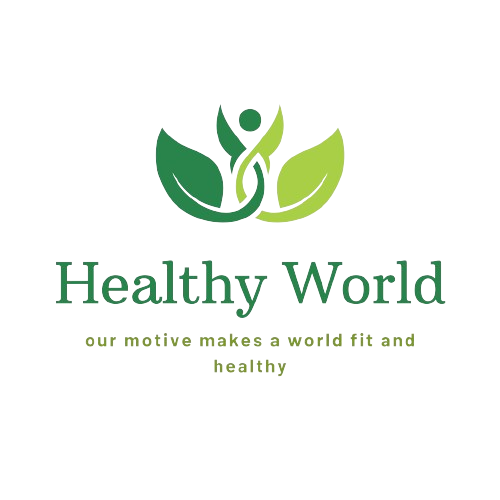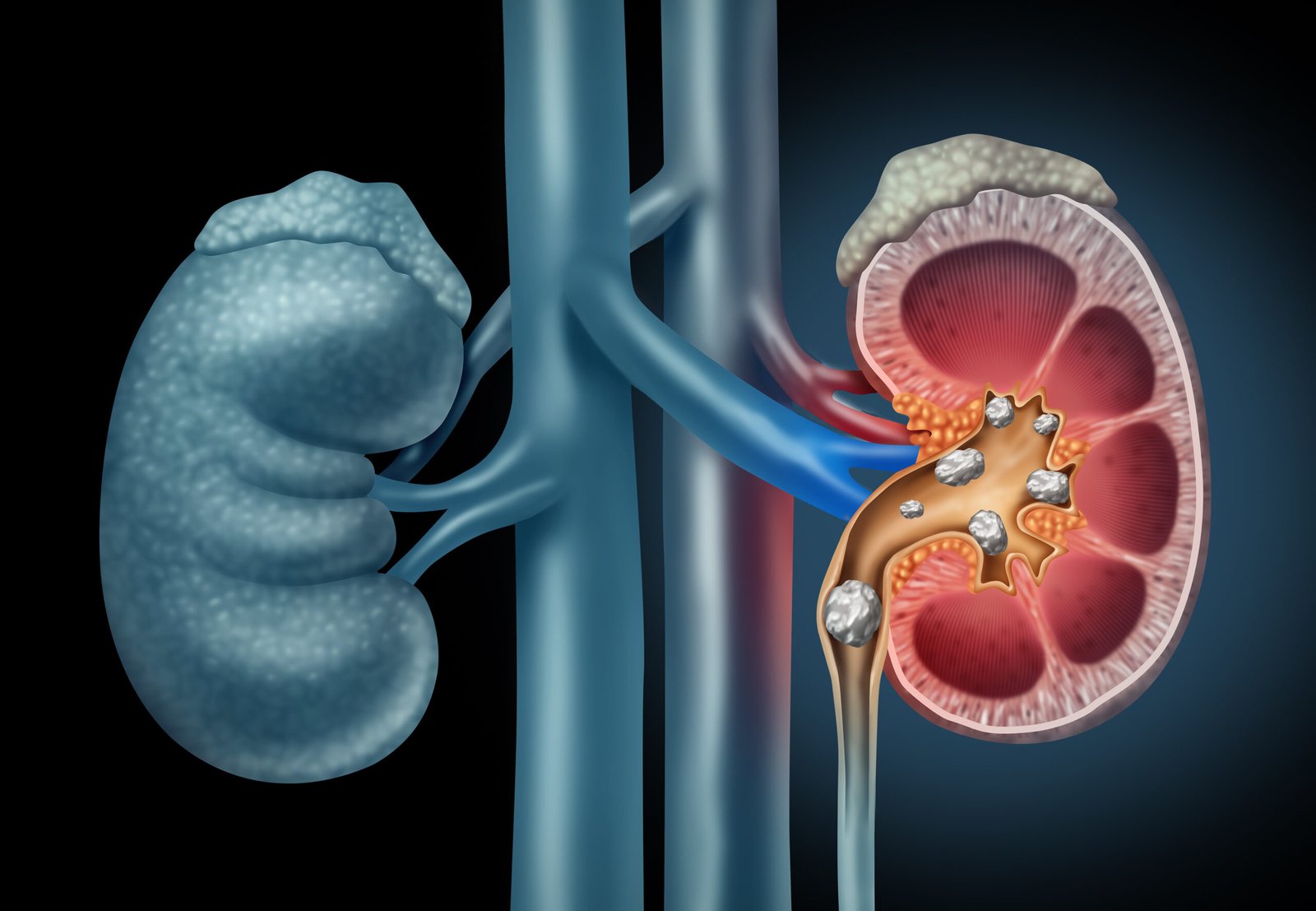Nutrition
Nutrition is a cornerstone of good health, and proteins play a pivotal role in maintaining our well-being. Understanding the benefits of proteins is crucial for anyone looking to improve their diet and overall health. This article delves into the multifaceted benefits of proteins and provides essential insights into how they contribute to optimal nutrition.
What Are Proteins?
Proteins are large, complex molecules made up of amino acids, which are essential for numerous bodily functions. They are one of the three macronutrients, alongside carbohydrates and fats, that are vital for proper nutrition. Each protein is composed of a specific sequence of amino acids, which determine its structure and function. There are 20 different amino acids, nine of which are essential, meaning they must be obtained through diet as the body cannot produce them on its own.
The Role of Proteins in the Body
Proteins are engaged with essentially every cell interaction. Here are some key roles they play in the body:
- Building and Repairing Tissues: Proteins are essential for the growth, maintenance, and repair of tissues. This includes muscles, skin, hair, and internal organs. Adequate protein intake is particularly crucial for children, adolescents, and pregnant women who require more to support growth and development.
- Enzyme Function: Enzymes are proteins that act as catalysts in biochemical reactions, speeding up processes such as digestion, energy production, and blood clotting. Without these enzymes, many bodily functions would not occur efficiently.
- Hormone Production: Some hormones are proteins, including insulin and glucagon, which regulate blood sugar levels. Hormonal balance is crucial for numerous body functions, including metabolism, mood, and reproductive health.
- Immune System Support: Proteins play a critical role in the immune system. Antibodies, which are proteins, help defend the body against pathogens such as bacteria and viruses.
- Transport and Storage of Molecules: Proteins are involved in the transport of molecules throughout the body. Hemoglobin, a protein in red blood cells, carries oxygen from the lungs to the rest of the body. Other proteins transport vitamins, minerals, and other essential nutrients.
The Benefits of Proteins in Nutrition
Incorporating adequate proteins into your diet can yield numerous benefits:
- Muscle Growth and Maintenance: Proteins are crucial for muscle synthesis and repair. Whether you are an athlete, bodybuilder, or just looking to stay fit, protein helps build and maintain muscle mass. This is particularly important as we age since muscle mass tends to decrease over time.
- Weight Management: High-protein diets have been shown to promote satiety, reducing overall calorie intake and aiding in weight management. Proteins take longer to digest compared to carbohydrates, keeping you fuller for longer and curbing overeating.
- Metabolic Boost: Protein-rich foods can increase the thermic effect of food (TEF), which is the energy required to digest, absorb, and process nutrients. This means your body burns more calories processing proteins than it does processing fats or carbohydrates, contributing to a higher metabolic rate.
- Bone Health: Adequate protein intake supports bone health. Studies have shown that a higher protein intake is associated with increased bone mineral thickness, lessening the gamble of osteoporosis and breaks, particularly in more established grown-ups.
- Enhanced Recovery: For those who engage in regular physical activity, proteins are essential for recovery. Post-exercise protein consumption helps repair muscle damage, reduce soreness, and promote faster recovery.
Sources of Protein
A balanced diet should include a variety of protein sources to ensure you get all essential amino acids. Here are a few magnificent wellsprings of protein:
- Animal-Based Proteins: These include meat, poultry, fish, eggs, and dairy products. Animal proteins are complete proteins, meaning they contain all nine essential amino acids.
- Plant-Based Proteins: These include beans, lentils, chickpeas, tofu, tempeh, quinoa, nuts, and seeds. While most plant proteins are incomplete, meaning they lack one or more essential amino acids, combining different plant sources can provide a complete amino acid profile. For example, eating rice and beans together provides all essential amino acids.
- Protein Supplements: For those who may struggle to meet their protein needs through food alone, protein powders and bars can be convenient options. Whey, casein, and plant-based protein powders are popular choices.
How Much Protein Do we Need?
Protein needs vary based on age, sex, activity level, and overall health. The Suggested Dietary Stipend (RDA) for protein is 0.8 grams per kilogram of body weight for the typical grown-up. However, this amount may be higher for athletes, pregnant or breastfeeding women, and older adults.
For instance, a sedentary woman weighing 60 kilograms (132 pounds) would need about 48 grams of protein per day, while an active man weighing 80 kilograms (176 pounds) might require around 96 grams per day. It’s important to tailor protein intake to individual needs and consult with a healthcare professional or a registered dietitian for personalized recommendations.
Tips for Incorporating More Proteins into Your Diet
- Start Your Day with Protein: Include protein-rich foods like eggs, Greek yogurt, or a protein smoothie in your breakfast to keep you energized and satisfied.
- Snack Smart: Choose protein-rich snacks such as nuts, seeds, cheese, or hummus with veggies to curb hunger between meals.
- Add Protein to Salads: Enhance your salads with grilled chicken, tofu, beans, or quinoa to make them more filling and nutritious.
- Choose Lean Proteins: Opt for lean cuts of meat and low-fat dairy products to get your protein without excessive saturated fats.
- Experiment with Plant Proteins: Incorporate a variety of plant-based proteins into your diet for a diverse nutrient intake and to reduce reliance on animal proteins.
Conclusion
Proteins are an essential component of a balanced diet, offering a multitude of benefits that are vital for overall health. From building and repairing tissues to supporting the immune system, proteins play a crucial role in maintaining bodily functions. By understanding the importance of proteins in nutrition and incorporating a variety of protein sources into your diet, you can optimize your health and well-being. Remember to tailor your protein intake to your individual needs and consult with a healthcare professional for personalized advice. Unlock the benefits of proteins and take a significant step towards better nutrition and a healthier life.



